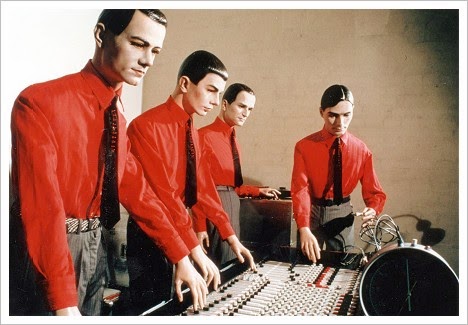Raiders
of the Lost Media
I thought the digital
revolution was going to change everything. No more out of print books - no more
hard to find obscure music or films. Alas, I was wrong.
There are all sorts
of things that affect the availability of media. Mostly it has to do with legal
wrangling over who controls the rights. Sometimes, in the case of Robert Fripp
(of the band King Crimson), it has to do with the personality of the right's holder.
By the by, good luck finding Fripp's albums God Save The Queen/Under Heavy Manners (featuring a guest spot by David Byrne)
...or the collaborative album he did with his (now) wife Toyah called The Lady or the Tiger.
By the by, good luck finding Fripp's albums God Save The Queen/Under Heavy Manners (featuring a guest spot by David Byrne)
The above two youtube links represent the philosophy of democratization of lost media in allowing people to listen to or see things they wouldn't otherwise have access to. It's a shame that it has to be done without the artist's consent or blessing and therefore, they are always in danger of being taken down.
In 1992 Fripp founded
Discipline Global Mobile. DGM releases music in CDs and in downloadable files.
DGM's stated goal is "to be a model of ethical business in an industry
founded on exploitation, oiled by deceit, riven with theft and fueled by
greed." DGM insists that its artists retain all copyrights. King Crimson's
work is not available either through I-tunes or Amazon MP3.
Piracy doesn't help.
Some artists are so fed up with piracy that they yank their creations from the
market in general - although doing so doesn't usually shut down the black
market, and in some cases makes pirates out of those who would willingly pay
the artist.
In some cases there
are musical artists who despise the MP3 format and refuse to release anything
but compact discs and/or vinyl, although the ability to rip to the MP3 format
seems to make this gesture little more than pissing in the wind.
Last but not least,
there are some artists who are either ashamed of their early output and simply
want to distance themselves from it. They attempt to frustrate those who would
seek their work out by blocking any type of general release.
Okay, before we get
in to the list proper let's establish some rules. I consider something
unavailable if it has not been released as a DVD - CD - or some form of
accessible digital format. VHS - Beta Max - and cassette tapes have a certain
nostalgia factor, but are not accessible to the average soul who wants to
partake of something cool.
Piracy is not
accessibility. Forcing me to do something illegal is not allowing me free
access to materials.
Lastly, if I have to
order something from overseas or through shady dealers at an exorbitant cost (for
new) then it is not accessible.
Okay? Okay. Here we go…
The
Top 10 List of Elusive Media
1. The Road to Wellville DVD - New starts at $39.39 then jumps
up to $75.76. - Used $25.99.
The Road to Wellville is a 1994 film adaptation of T.C. Boyle's
novel. The film was written and directed by Alan Parker who also directed Pink
Floyd's The Wall and Birdy.
2. Watership Down DVD - New starts at $74.95 - Used $19.96 in
good or acceptable condition.
This one was released as a Criterion DVD. Finally.
This one was released as a Criterion DVD. Finally.
Watership Down is a 1978 British film written, produced and
directed by Martin Rosen and based on the book by Richard Adams. It was one of
the first animated feature films to be presented in Dolby. John Hurt and Zero
Mostel performed voice work. It also featured Art Garfunkel's hit single
"Bright Eyes".
3. The Bed Sitting Room DVD - This product is manufactured on
demand using DVD-R or simply not available in region one.
Finally found it through Barnes & Noble for under $20.
Finally found it through Barnes & Noble for under $20.
The Bed-Sitting Room is a 1969 British film directed by Richard
Lester and based on the play of the same name. It stars the comedy duo of
Dudley Moore & Peter Cook.
4. Julian Cope's Krautrocksampler book - New from $408.90 - Used
$176.99.
Krautrocksampler: One Head's Guide to the Great Kosmische Musik
- 1968 Onwards by Julian Cope, is a book describing the underground music scene
in Germany from 1968 through the 1970s. The book was first published in the
United Kingdom in 1995 by Head Heritage.
5. Captain Beefheart's "Troutmask Replica" CD - New
from $47.81.
I was lucky enough to find this one at my local library.
Trout Mask Replica is the third album by Captain Beefheart and his Magic Band, released in June 1969. It was produced by Beefheart's friend and former schoolmate Frank Zappa.
6. Lo Chiamavano King (His Name Was King) DVD - Unavailable as a
DVD.
His Name Was King is a 1971 Spaghetti Western directed by
Giancarlo Romitelli and starring Klaus Kinski - with music by Luis Bacalov.
7. William Parker Double Quartet's "Alphaville Suite"
- currently unavailable.
Alphaville Suite (subtitled Music Inspired by the Jean Luc
Godard Film) is an album by bassist and composer William Parker's Double
Quartet inspired by the film Alphaville (1965), which was recorded in 2007 and released
on the RogueArt label.
8. The Red Tent (DVD) - New from $54.99 - Used $32.95.
The Red Tent is a joint Soviet/Italian 1969 film directed by
Mikhail Kalatozov starring Sean Connery & Claudia Cardinale featuring music
by Ennio Morricone.
9. Rom Spaceknight Graphic Novel - Nonesuch exists. If you want
to read Rom you have to find the individual issues.
10. The Great Ecstasy of Woodcarver Steiner by Werner Herzog. It is not so much the film that I am after, it is the soundtrack. In particular, the opening music. I know that it was Popol Vuh, but finding it - that is another matter entirely. Word on the street is that it was an unused part of the Aguirre soundtrack. I would consider this piece of music to be the Holy Grail of Lost Media.
10 and a 1/2. 1979's The Shark Hunter by Enzo G. Castellari. Only available in the VHS format.
10 and a 1/2 part II. The 1986 Post Apocalyptic British Animated film - When The Wind Blows. All regions Blu Ray $54.99.
Bonus. Kraftwerk I & II + Ralf und Florian. The early days of Kraftwerk were quite a different animal from the
latter plastic robot electronic days. Don't get me wrong - I love Kraftwerk. The early stuff featured more organic type instruments even though the
instrumentation gave hints of what was to come. Most of these compact discs can be found
but be prepared to pay a hefty sum. In the meantime enjoy this on the house.


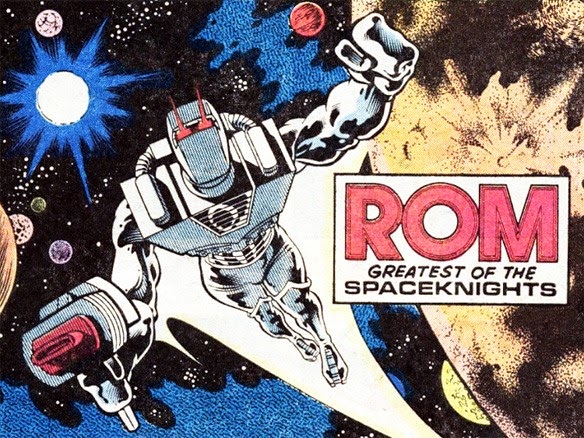












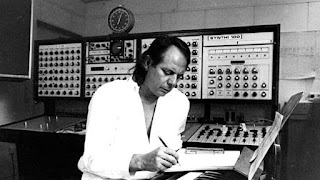

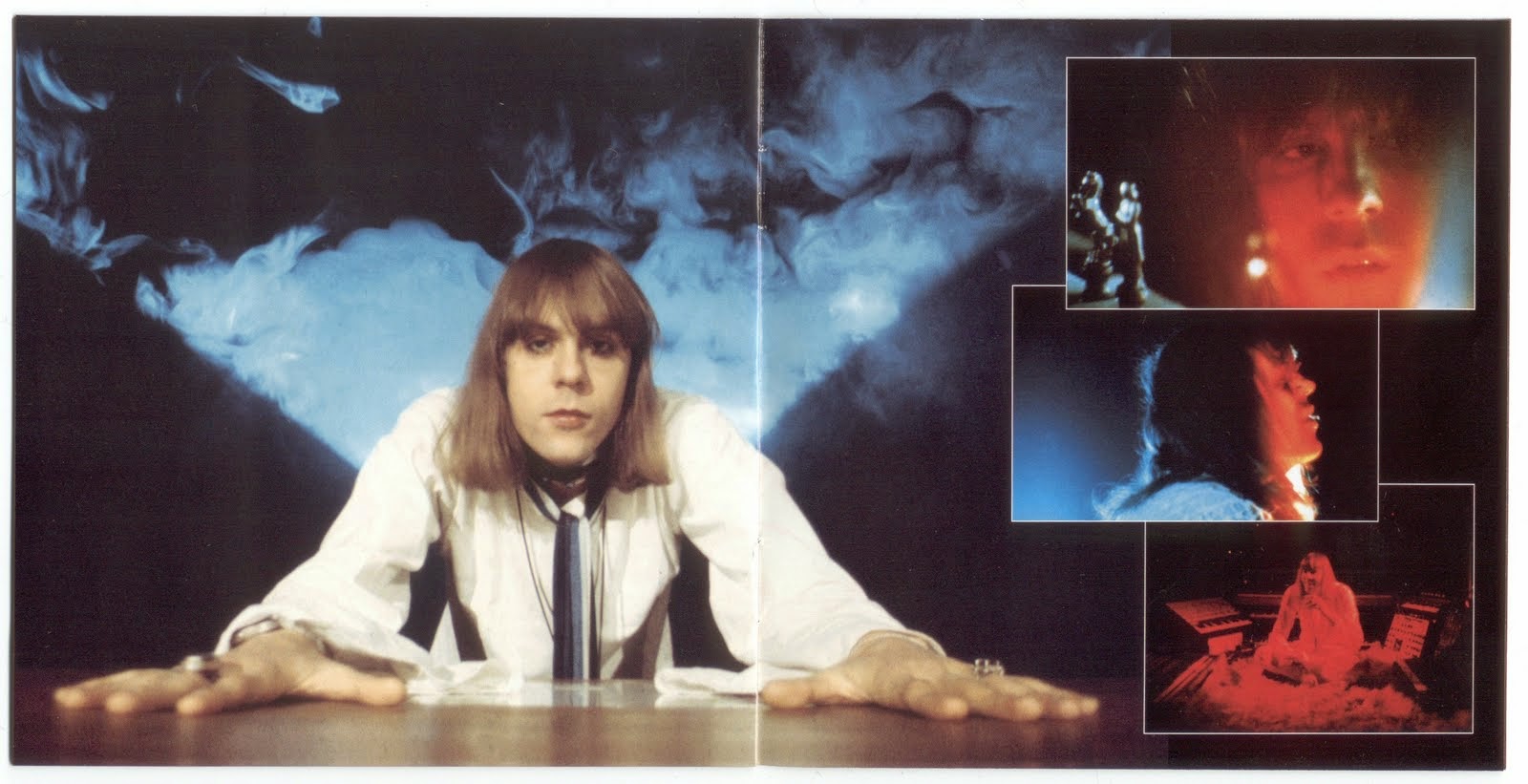















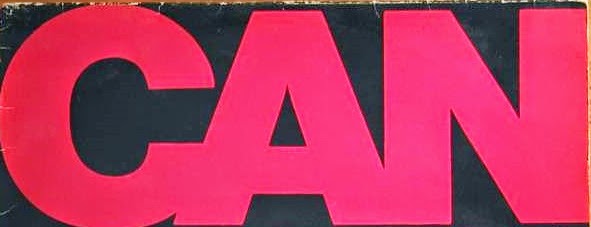




.jpg)














